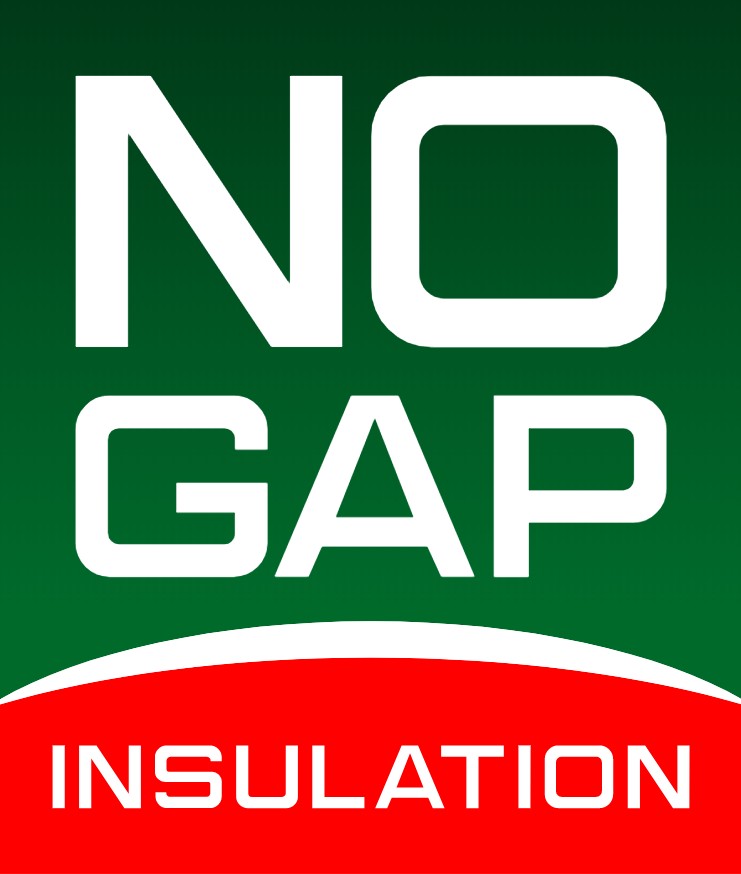Insulation: the answer to your housing cost problems.
Yes, you read that correctly and no, we’re not pulling your leg. Usually you’re seeing a headline that reads ‘house prices are going up’, ‘property prices peak’, ‘property market hits all-time high’. All these usual scare tactics make you believe home ownership is a luxury and not a right. How can we confidently say that housing costs are at an all-time low when every news article contradicts what we’re trying to say?
We’re not saying houses aren’t expensive, but as a home owner you would want to ensure that your property holds the most value it possibly could. There are so many ongoing costs to consider when budgeting once you’ve settled in your new home. These include bills, maintenance, mortgage and so much more. That’s a whole lot of money to be thinking about, and it can get a bit scary.
We’ll let you in on a little secret about a one-time cost that will reduce your everyday cost of living. It’ll also save you thousands of dollars in the long run.
Don’t worry, we hear your concerns. How is this possible without diminishing the comfort and enjoyment of your new home? Insulation! With the right insulation it can be so simple. Let’s break it down into the three key reasons why insulation will be advantageous to you, your home and its value.
- Save your hard earned $$. A well-insulated home will mean you will no longer need to heavily rely on heating and cooling during extreme weather conditions. Living in a climate like Melbourne we feel the highest of heat throughout summer and the coldest chills in winter. Frankly put, quality insulation is the cheapest way to save money on your home in the long run. The investment of insulation can be returned quite easily within a couple of years as you’ll be saving up to 50% off your energy bills.
- Add value to your home! Owning a home is a long-term investment and commitment. There will eventually come a time where you need to upsize, downsize or even just move on depending on what is best for you and your family. Add value to your home to get the maximum selling price when the time comes. A well-insulated and designed home has the potential to reach a 7-star or higher rating on NatHERS (Nationwide House Energy Rating Scheme). This star rating measures how energy efficient a house is. A higher rating can increase the market value of a home.
- More and more these days you are seeing everyone taking steps to reduce their carbon footprint. Yes, you’re already saving money with your well-insulated home. By reducing your heating and cooling usage you are also helping with energy savings and taking steps in aiding the environment without even trying. Keep your conscience at ease with an energy efficient and insulated home.
Okay so you’ve heard about the benefits, but you’re still a little unsure as to what insulation is. That’s okay because this is why we’re here. Insulation in the ceiling, floor and wall insulation are essential in the home to prevent heat loss.
Insulation functions by slowing the movement of heat into a building. This results in the building being more energy efficient. The amount of heat that escapes from the building in winter is reduced (as the heat is trapped inside) and the house remains cool in the summer months (cool air is retained and the outside heat is kept from leaking in).
Insulation materials are important for reducing energy consumption because that is how they resist heat flow. There are two insulation types in terms of materials: radiant barriers (bulk insulation) and reflective insulation systems (foil). Bulk insulation function by trapping millions of tiny pockets of still air. This air is essentially the barrier to heat flow. Reflective insulation works by casting back the heat away from the polished metallic surface and by decreasing the heat radiating from the surface. There are some insulation products that combine the properties of both bulk and reflective materials.
Insulation’s resistance to heat flow is determined by its level of thermal resistance. This is called the R-value. The higher the R-value, the greater the insulation. R-values range from 1.5 to 7 and it depends on climate and the area of the home (walls, ceiling etc.) as to what R-value is needed for proper insulation.
So the price of housing might not be going down any time soon but you’ll be able to ensure that your living costs stay down with insulation. Contact No Gap Insulation, the insulation installation experts, at 03 8592 1900 for your free quote today.



